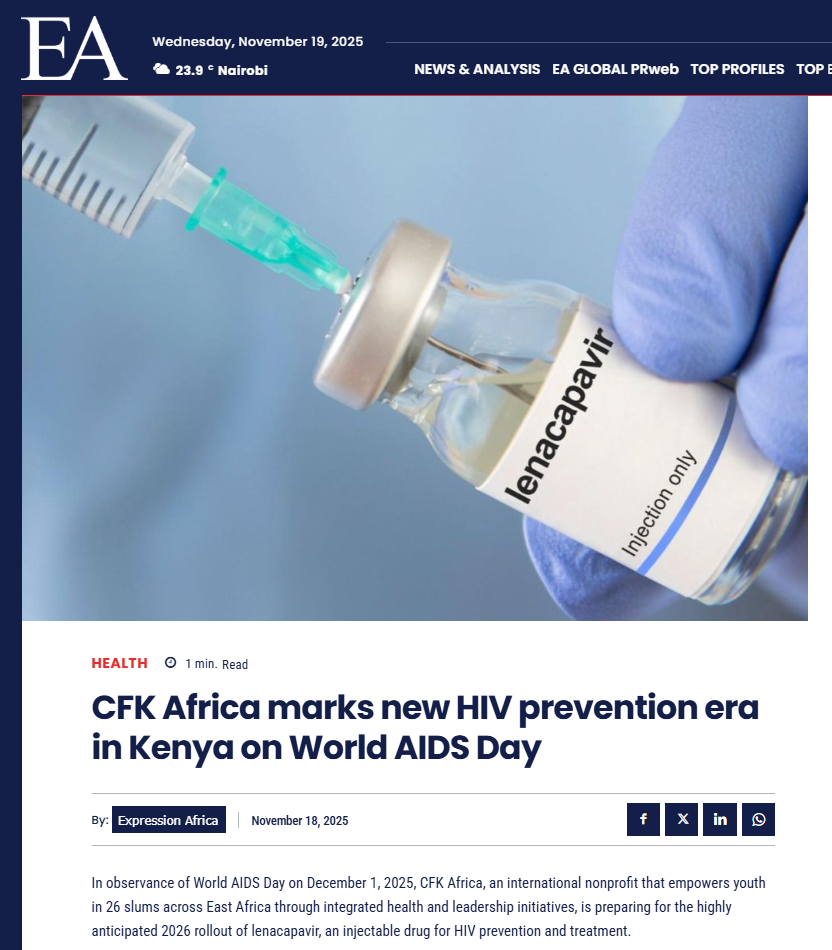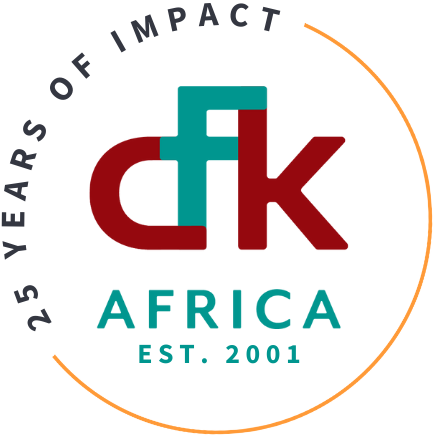Kenya has an HIV infection rate of 3.3%, with 1.3 million people living with the virus, and young women and low-income communities are the most affected.
Over the past five years, CFK Africa has tested over 22,000 patients for HIV and treated more than 3,500 at its clinics in Kibera, the world’s largest informal settlement situated on the outskirts of Nairobi.
With 1,400 patients currently on antiretroviral medication, receiving counseling and support through its community health programs, CFK Africa also works with the Centers for Disease Control and Prevention to host one of the largest overseas population-based infectious disease surveillance initiatives, monitoring the spread of contagious diseases.
Okoro said that these efforts have underscored the importance of including community engagement in any distribution plan for the lenacapavir rollout. He pointed to CFK Africa’s trained community health promoters who helped dispel misinformation and encouraged their friends and neighbors to get the Covid vaccine during the height of the pandemic.
He also noted the affordability concern around lenacapavir, especially in slums like Kibera, where most residents live on less than $3 a day. The $40 per year for two injections of lenacapavir remains out of reach for the 4.9 million youth in Kenyan slums.
“Fighting HIV requires more than just handing out medication,” added Okoro.
Read the full article on Expression Africa and MSN.

